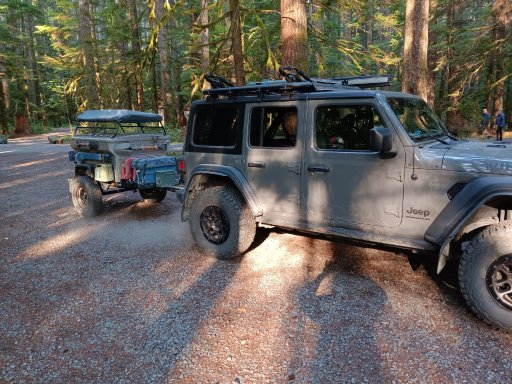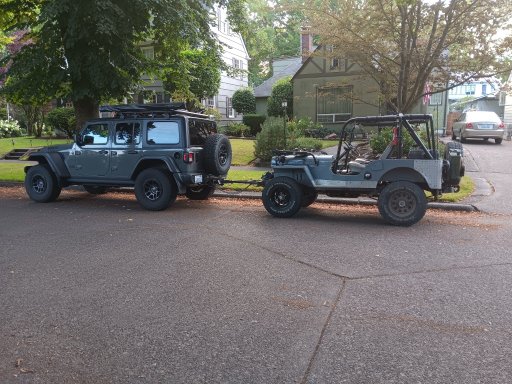
Member III
You must have missed I said gas not diesel. I also was not aware the OP wanted opinions on diesel. Your entitled to your opinion. I still remain in the industry and still get to see reports from a number of car lines. It gets down to physics and build quality. Looking at the blowby from two identical engines with over 100k is a bit telling though, as well as crank bearing wear. Maybe I only see the bad ones. who knows.That's highly debatable, or you'd never see the mileage you see in older diesel engines.
Last edited:





